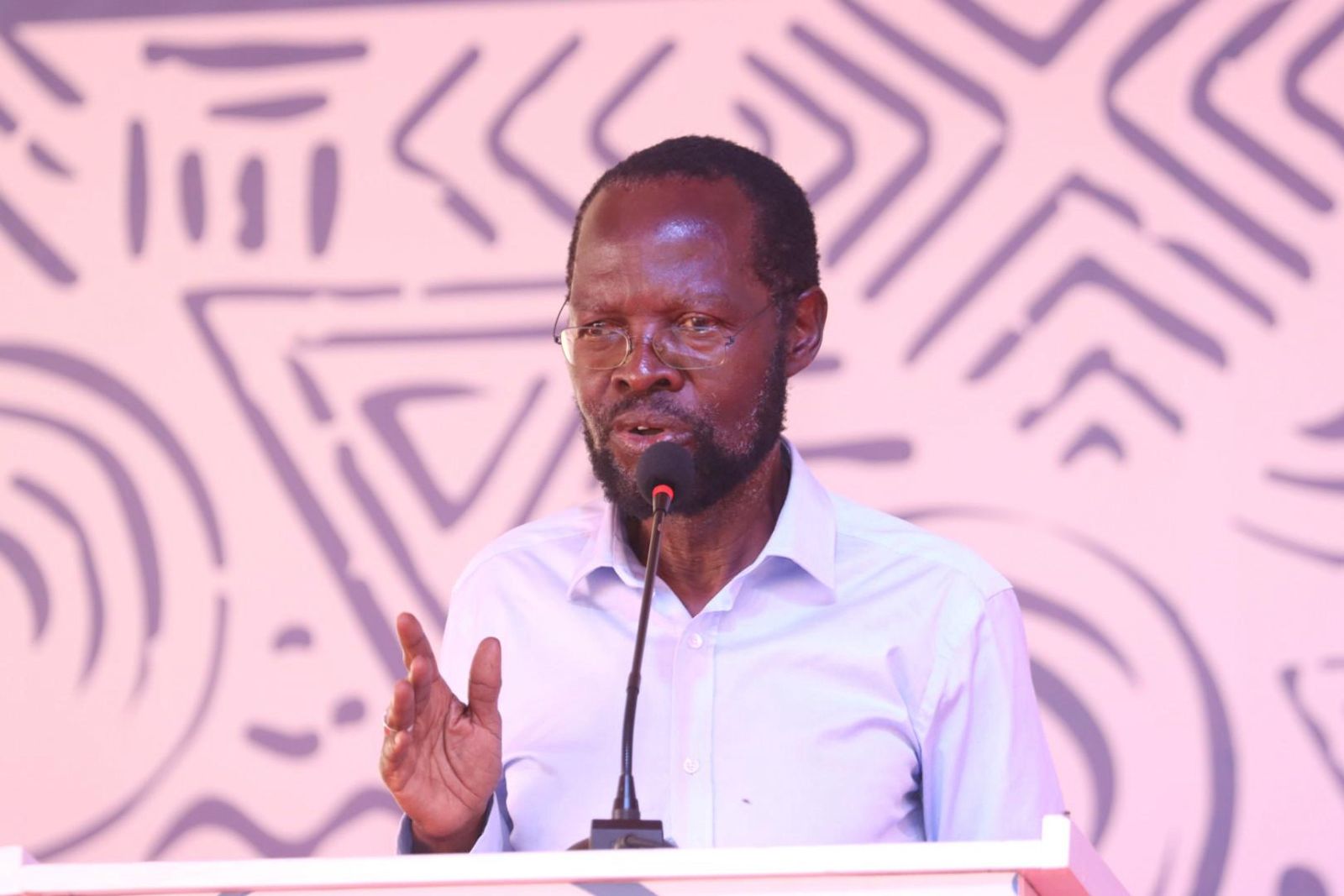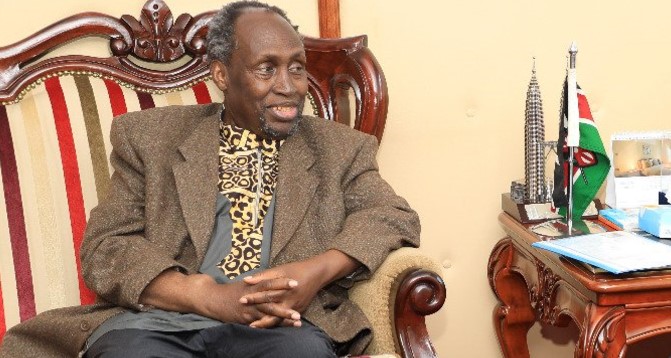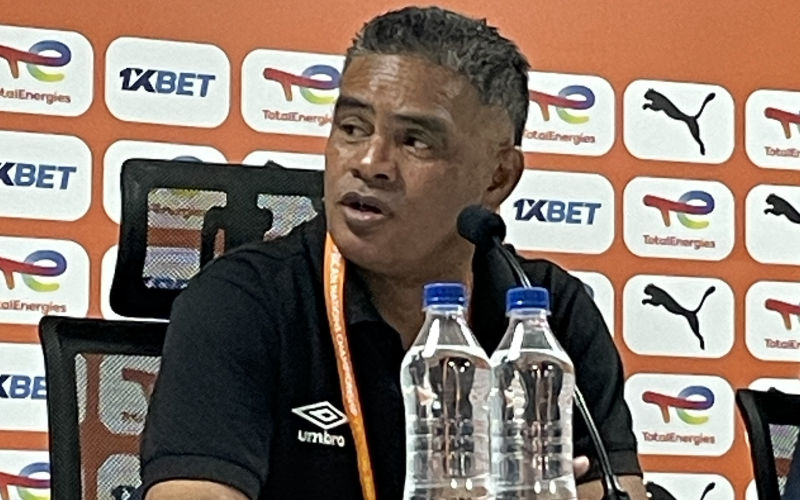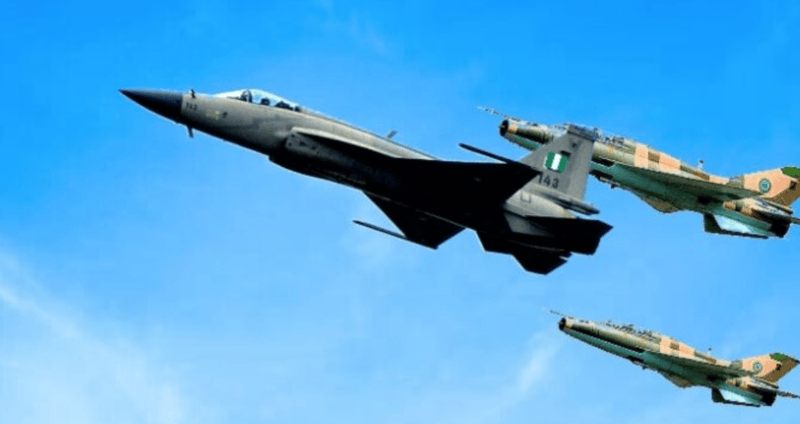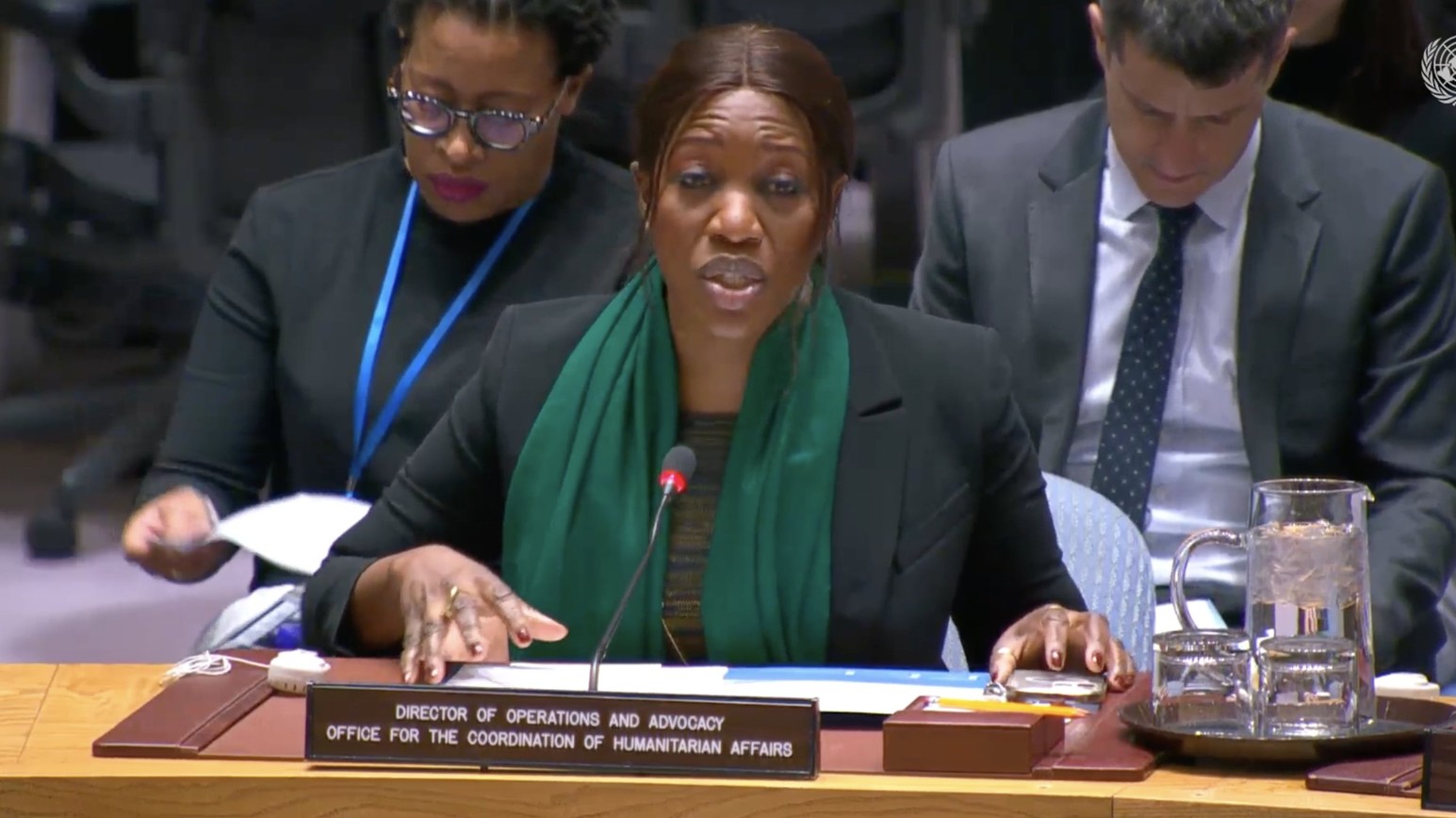What should Trump’s policy towards Somalia be?

Somalia’s longest coastline in Africa, along the Gulf of Aden and the Indian Ocean, is a valuable strategic commodity to global security. Stabilising Somalia, therefore, could ensure safety to international maritime routes along the Red Sea, the Gulf of Aden, and the Indian Ocean.
In the last few days, the issue of Somalia’s sovereignty and territorial integrity has been questioned, most notably by a US senator from Texas, Ted Cruz. The good Senator’s suggestion (to President Donald Trump) to dismantle the Somali Federal Republic and recognise the unilateral secession of Somaliland is an imprudent national and security policy proposal.
On the bright side, Ambassador (ret.) Larry Andre, Jr., advises that the Trump administration maintain the one Somalia policy and not change the status quo. His three alternatives should also be carefully evaluated as part of the Somalia review.
More To Read
- 23 Somali nationals killed after two boats capsized off Italian coast
- Africa lagging in designating ISIL, al-Qaeda entities, UN expert reveals
- US offers Sh1.3 billion reward for information on ISIS-Somalia financial networks
- Diphtheria cases surge in Somalia amid sharp US aid cuts
- Somalia launches Danabeysan digital signature system to streamline government payments
- Why Kenya is seeking external support for counter-terrorism operations in Somalia
Writing on the Council on Foreign Relations, Michelle Gavin, an expert on national security, urges the US to pay attention to the complexity of Somalia and continue engaging Mogadishu.
As things stand now, Senator Cruz’s suggestion is not consistent with the President’s hard work to end wars, promote peace, and ensure stability around the world. Both experts agree on the danger that could result from changing the status quo.
For some time now, a small group of lesser-known Beltway consultants affiliated with the Atlantic Council has raised the spectre of a divided Somalia. This group also succeeded in inserting the dismantling of Somalia in Project 2025. Luckily, the President thus far has disavowed most of the irresponsible and irrational proposals in the Project.
Somalia, one of the oldest AU members and a founding member of the former Organisation of the African Unity, founded in 1963, had maintained a largely friendlier diplomatic relationship with the United States of America.
America was also one of the first countries to extend recognition to Somalia, following the reunification of the former British Protectorate of Somaliland and Italian Somaliland on July 1, 1960. In 1974, Somalia also became a member of the Arab League and the Organisation of the Islamic Conference. In 2022, as a sign of regaining its international standing, Somalia joined the East African Community (EAC).
Despite internal challenges, Somalia has maintained its membership in the United Nations through the bitter post-civil war years of the 1990s. The US has been an indispensable ally in this difficult but worthwhile journey to help revive Somalia. To this end, the Somali people are grateful to the US and its people.
The partnership goes back much earlier. The Regan administration in the 1980s wooed Somalia away from the Soviet Union’s orbit. On January 1, 1981, the US offered substantial aid to Somalia for investments in infrastructure development, improving primary health care, and advancing higher education.
By the 1980s, the Somali graduate student body was the largest African contingent at UCLA. They also maintained a notable presence in several major universities across the US.
Had the devastating 1990 civil war not taken place, Somalia would have been a major strategic partner of the US. The icing on the cake was the US project to build one of the largest Embassy facilities in Somalia.
The 1980s aid was predicated on the agreement that the US would use Somalia’s bases in Mogadishu and Berbera. Those bases are needed today much more than ever, given the crises along the Red Sea and the Gulf of Aden.
Now is the time for the US to re-engage with Somalia and utilise its maritime international routes and vast commercial potential in oil exploitation and rare minerals. In 2024 alone, for example, over $300 million worth of gold has been illegally exported to the United Arab Emirates (UAE).
The proceeds from illegal export are laundered through Dubai banks. This is so because the gold was exported from the mountainous areas of the Puntland region of Somalia, where regional troops are bitterly fighting ISIS.
As witnessed by this British Sky TV report, Somalis are fighting the largest contingent of ISIS terrorists in the mountainous region of Puntland and Al-Shabaab in the riverine areas of the south. Both the US and UK regularly provide military and intelligence assistance to the Somali troops.
The prisoners so far captured in the war theatre include citizens of major European and Arab countries. Add to this the lessons learned from 9/11, and we need partners along the Gulf of Aden, as Somalia offers that opportunity.
Unlike what Senator Cruz and company suggest, this is not the time for the US to change the status quo and abandon Somalia. Rather, the US-Somalia mutual interest against ISIS and Al-Shabaab should be strengthened.
Somalia’s longest coastline in Africa, along the Gulf of Aden and the Indian Ocean, is a valuable strategic commodity to global security. Stabilising Somalia, therefore, could ensure safety to international maritime routes along the Red Sea, the Gulf of Aden, and the Indian Ocean.
Unfortunately, Senator Ted Cruz’s letter to President Donald Trump inadvertently puts the US under a significant comparative strategic disadvantage. If implemented, the Senator’s disruptive proposal would destabilise the region, as argued by Ambassador (ret). And that is an antithesis to President Donald Trump’s impressive diplomatic effort to foster peace and end the multiple conflicts that he inherited.
The article was first published on WardheerNews.
Faisal Roble, a prominent essayist and public intellectual, is writing a book on state formation in the region. His past writings have appeared on WardheerNews, where he served as Chief Editor, as well as in The Ethiopian Review and The Horn of Africa Journal, where he was a contributing editor.
Top Stories Today



